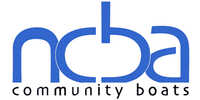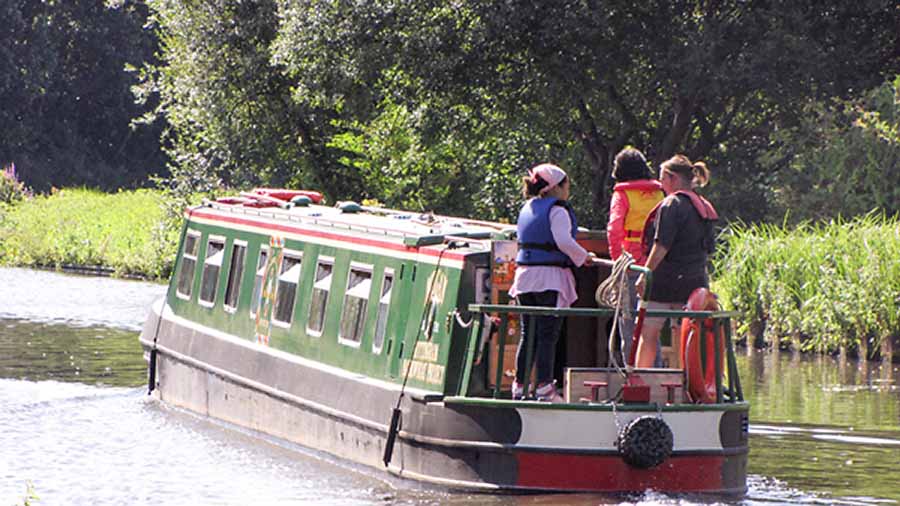In this article Derek Stansfield, NCBA Director of Training, describes one of the NCBA courses that is ideal for the first-time hirer of a boat.
Many a time on the canal we find a boat approaching us and one question that often emanates from our helmsman’s lips is “Where are they going?”. This is due to the fact that the boat appears to be heading towards us going one way and then the other. Once apparent that this is a hire boat the reason for a zig zag course is sometimes understandable, especially if it is a day hire as opposed to a longer period. The pressure of time and enthusiasm to get underway often restricts the amount of explanation given, or understood, to the clients. Operating and going through bridges is another obstacle to be overcome and we occasionally find ourselves willingly explaining and helping with this task. For those on longer hire locks become another unknown to them.
Some boaters find this sort of boat management an irritation but to us we find it most encouraging and satisfying that more people are taking to the waterways and enjoying, sometime in a perverse way, the experience. I know the Boat Hire companies around our Project in the main give a good introduction to the boat and its operation and some with a longer hire will often travel by road to the first lock to help them through. However, there is no substitute for a hands-on experience.
The NCBA offer a series of progressive courses and one of these, which can be taken in isolation, is an ideal introduction for those hiring a boat for the first time, whether this be a day hire or longer. The Boat Handling Course is for people of 14 and over. Between 1 and 4 people are trained together. No previous experience is needed. These courses are run by a NCBA Approved Training Centre (ATC) and a list of these can be found on the NCBA website at www.national-cba.co.uk.
The course takes place on a boat approved by the ATC and will be tutored by a NCBA Trainer. It takes at least one full day of boating and at least one day, which could be long distance learning, including theory elements. This latter could be split into multiple shorter sessions. There are five units to the course and these are:
- Preparation of a boat
- Engine transmission and propeller
- Practical boat handling
- Emergencies
- Discussion and appraisal
On successful completion of all the units an NCBA certificate is issued. BHC certificates are not subject to renewal and are valid only for the waters where the course was taught.
If you want to do the course
You first approach an NCBA approved training centre as mentioned a list can be found on the NCBA website. The centre arranges with you suitable dates and a boat – which may be your own, subject to the boat and insurance being suitable – or may be a boat from the centre. You also agree costs. There is a standard fee for registration and certificate issue. Beyond that, boat hire, catering, administrative and trainer’s costs are for you to agree with the centre.
You will be wise to do some pre-course reading, in particular to make yourself familiar with:
- The CRT Boaters’ Handbook. This can be downloaded free from the CRT website. There is also a video of this on the website.
- An appropriate canal guide, such as the Goma, Pearson or Nicholson guide for the waters where you are doing the course.
Also, you have to complete a registration form and return it to the centre before the course starts.
On the course, you do some classroom work, a good deal of practical steering and, mostly on the second day, practical training and assessment. The order of work depends on the weather and the route as well as your needs. At the start, you are given notes and a record sheet. As you complete each task you initial and date the record. When the trainer has seen you do each task successfully he or she signs and dates the record for that unit. The trainer assesses how you get on and when all units are complete, arranges for you to receive a certificate.
The main aspect of attending such a course at a NCBA centre is firstly enjoyment and satisfaction in acquiring new skills and competence but also to give an understanding and confidence so that taking out a boat for the first time becomes a far more enjoyable and less stressful experience.

